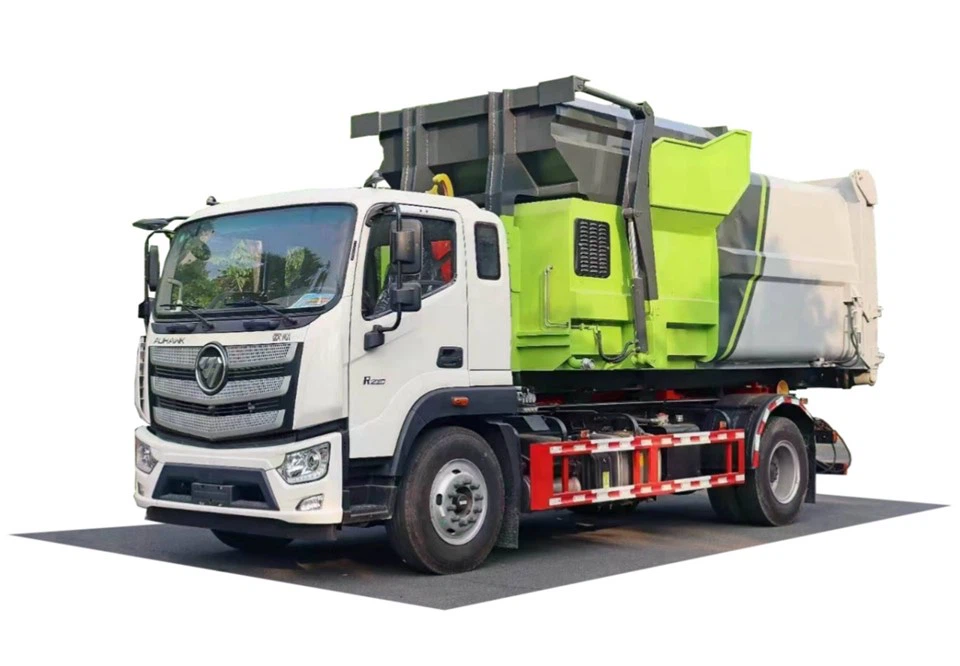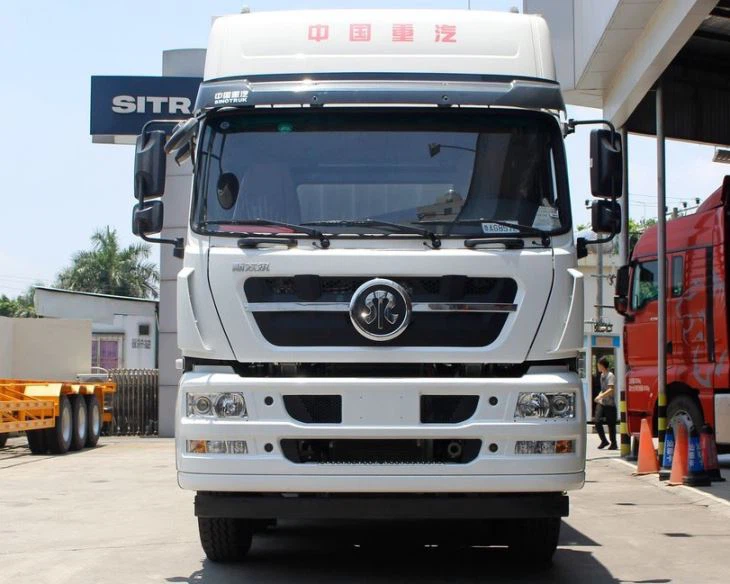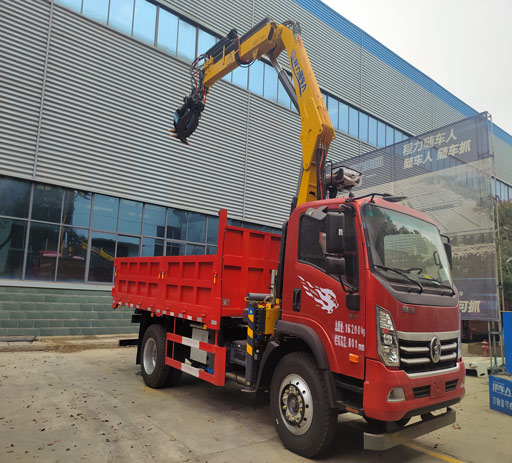Double Can vs Crew Cab: Which One is Right for You?

When it comes to choosing a vehicle for work or play, the type of cab configuration can make a significant difference in terms of comfort, utility, and overall experience. Two popular choices among truck enthusiasts are the double cab and crew cab configurations. This article will dive deep into the comparison of double can vs crew cab, covering everything from their features and benefits to the practicalities of each option.
Understanding Cab Configurations
What is a Double Cab?
A double cab is a vehicle configuration designed to offer more passenger space in addition to the truck’s traditional cargo area. Typically, double cabs feature two full-size front doors along with either smaller rear doors or additional standard doors, depending on the manufacturer. This setup allows for easy access to the back seats while still maintaining a functional truck bed.
What is a Crew Cab?

A crew cab typically provides larger passenger space compared to a double cab. Crew cabs usually have four full-sized doors and roomy back seats that can comfortably accommodate adults. This design is perfect for those who need to transport multiple passengers along with cargo.
Key Differences Between Double Cab and Crew Cab
Seating Capacity
One of the primary differences between double cabs and crew cabs is their seating capacity. While the specific numbers may vary by manufacturer and model, here are general guidelines:
| Type | Seating Capacity |
|---|---|
| Double Cab | 4-5 passengers |
| Crew Cab | 5-6 passengers |
Interior Space and Comfort

When it comes to interior space, crew cabs are generally more spacious. They offer more legroom and headroom, making longer trips more comfortable for all passengers. On the contrary, while double cabs offer additional space compared to standard cabs, they may not be as comfortable for adult passengers over extended periods.
Bed Size Options
The bed size on both double cab and crew cab trucks may vary by brand and model. However, most crew cabs come with a slightly shorter bed because of the additional interior space. Here’s a quick comparison:
| Cab Type | Typical Bed Length |
|---|---|
| Double Cab | 6.5 to 8 feet |
| Crew Cab | 5.5 to 6.5 feet |
Accessibility
Double cabs often feature rear doors that are either smaller or upset, making access to the back seat slightly less convenient. Crew cabs, on the other hand, have full-sized rear doors that open wide, allowing for easier entry and exit for rear passengers, making them more family-friendly.
Weight and Payload Capacity
Double cabs often have a higher payload capacity than crew cabs because they typically maintain a more balanced weight distribution with their larger beds. Thus, for those who frequently haul heavy loads, a double cab might be the better option.
Practical Applications
When to Choose a Double Cab
Here are some scenarios where a double cab may be advantageous:
- Frequent Hauling: If you need a truck primarily for transporting heavy equipment or loads, the extra bed length can be a significant advantage.
- Cost-Effectiveness: In general, double cabs can be more affordable than crew cabs, making them a budget-friendly option.
- Occasional Passenger Use: If you mainly use your truck for work but occasionally need to transport passengers, a double cab would be sufficient.
When to Choose a Crew Cab
Consider opting for a crew cab if you find yourself in one of the following situations:
- Family Needs: If you have a larger family or frequently transport friends, the spaciousness and comfort of a crew cab are hard to beat.
- Long-Distance Travel: For those planning road trips with multiple passengers, the crew cab can make long drives much more enjoyable.
- Versatile Use: If you need a mix of passenger and cargo space, a crew cab can balance those needs more effectively.
Fuel Efficiency
Double Cab Fuel Efficiency
Typically, double cabs are designed for more hauling capacity, which can slightly impact fuel efficiency. However, many manufacturers have focused on improving fuel economy, making modern double cabs more competitive in this area.

Crew Cab Fuel Efficiency
Crew cabs may have larger engines to accommodate the additional power needed for their size, potentially resulting in lower fuel efficiency compared to double cabs. Nevertheless, advances in technology have made crew cabs more efficient than older models.
Cost Considerations
Initial Purchase Price
Generally, double cabs tend to have a lower base price compared to crew cabs due to their fewer features and size. Even when additional options are considered, you might find double cabs to be a more purse-friendly choice.
Long-Term Costs
Consider the long-term costs such as maintenance, fuel, and insurance. Crew cabs may have slightly higher insurance premiums due to their size, while double cabs might require less in fuel costs depending on their engine and size specifications. Always calculate these factors when assessing overall costs.
Safety Features
Double Cab Safety Features
Most modern double cabs come equipped with an array of safety features, including:
- Stability Control
- Anti-lock Brakes
- Advanced Airbag Systems
- Rearview Cameras
Crew Cab Safety Features
Crew cabs often boast the same essential safety features, including additional amenities such as:
- Blind Spot Monitoring
- Adaptive Cruise Control
- Lane Keeping Assistance
Market Trends and Popular Models
Popular Double Cab Models
| Model | Notable Features |
|---|---|
| Toyota Tacoma Double Cab | Good off-road capability, reliability |
| Ford Ranger Double Cab | Powerful engine options, tech-friendly |
Popular Crew Cab Models
| Model | Notable Features |
|---|---|
| Chevrolet Silverado Crew Cab | Spacious interior, versatile storage |
| Ram 1500 Crew Cab | Luxury features, strong towing capacity |
Frequently Asked Questions
1. Which cab configuration is best for families?
The crew cab is typically better for families because it offers more interior space and comfort for passengers.
2. Can I use a double cab for work and family?
Yes, a double cab can serve as a multi-purpose vehicle for work and occasional family use, but it may not be as roomy as a crew cab.
3. Do double cabs have smaller beds than crew cabs?
No, double cabs generally have larger bed sizes compared to crew cabs, allowing for more cargo space.
4. Is fuel efficiency significantly different between the two cab types?
Fuel efficiency can vary but typically is not significantly different between double cabs and crew cabs as both have improved over the years.
5. Are double cabs more affordable than crew cabs?
In general, double cabs tend to be more affordable as they have a simpler and smaller design compared to crew cabs.
6. What factors should I consider when choosing between double cab and crew cab?
Consider factors such as seating capacity, comfort, cargo space, budget, and the primary use of the vehicle when choosing between the two types.
